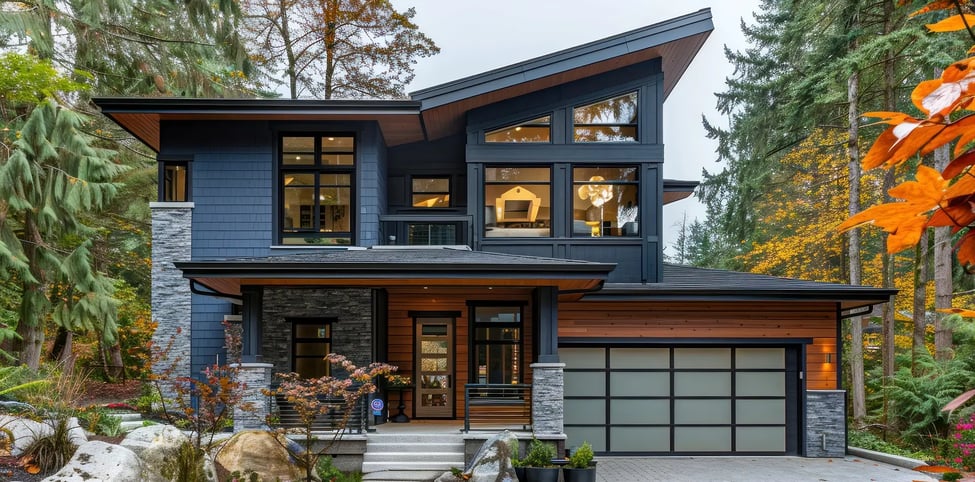When it comes to selling a home, pricing is everything. Many homeowners believe they can start with a higher asking price, thinking they can “always negotiate down” if needed. While this seems like a reasonable strategy on the surface, the reality is that overpricing is one of the biggest mistakes you can make—and it can cost you both time and money.
Here’s why overpricing negatively impacts the sale of your home:
1. You Miss the Critical First Impression Window
The first two weeks after your home hits the market are the most important. This is when your listing gets the most attention from serious buyers who are actively looking.
What Happens When You Overprice:
Buyers compare your home to others in the same price range. If your home is overpriced, it won’t stack up against similar listings that offer more value for the same or even less money.
The Result:
Your listing gets ignored, showings decrease, and it quickly loses its “fresh appeal.” Once a home sits on the market too long, buyers start to wonder, “What’s wrong with it?” even if there’s nothing wrong at all.
2. Fewer Buyers Will See Your Home
Today’s buyers are savvy—they search online with filters based on price ranges. If your home is priced above what it’s truly worth:
It Won’t Appear in Their Search Results:
For example, if buyers are looking in the $900,000–$950,000 range, but you’ve listed it at $985,000, while your home’s true value is $940,000. You’ve priced yourself out of the pool of qualified buyers.
Qualified Buyers Won’t Waste Time:
Buyers won’t bother viewing a home they feel is overpriced, assuming the seller isn’t serious or flexible.
3. Overpricing Helps Competing Homes Sell Faster
Ironically, overpricing your home can actually help your competition sell.
Buyers Will Compare:
When they see your home next to similar properties priced correctly, it makes the other homes look like better deals.
The Psychology of Value:
Buyers may even use your overpriced home as a bargaining chip to justify paying full price for another property that’s accurately priced.
4. The Longer It Sits, the Staler It Gets
Homes that sit on the market for an extended period without offers develop a stigma. Even if you eventually reduce the price:
Buyers Will Assume Something’s Wrong:
They’ll wonder, “Why hasn’t it sold yet?” and may think there are hidden issues, even if the only issue was the price.
You Lose Negotiating Power:
When you finally attract an interested buyer, they may assume you’re desperate to sell and will make lower offers, believing you’re in a weak position.
5. You Could Net LESS Than If You Priced It Correctly
This is the most counterintuitive truth: overpricing often results in a lower final sale price than if you had priced it right from the start.
Why?
After sitting on the market, you’ll likely have to reduce the price—sometimes multiple times. By then, you’ve lost the urgency and excitement that comes with a new listing.
Buyers Will Lowball:
When buyers see multiple price drops, they assume you’re desperate and will make even lower offers.
6. Appraisal Issues Can Kill the Deal
Even if you find a buyer willing to pay your inflated price, there’s still a major hurdle: the appraisal.
What’s an Appraisal?
Lenders require an appraisal to ensure the home is worth the loan amount. If your home doesn’t appraise for the sale price, the buyer’s financing could fall through.
What Happens Then?
You’re forced to either lower the price, negotiate with the buyer to cover the difference, or risk the deal falling apart entirely.
7. The Emotional Toll of an Unsold Home
Selling a home is already stressful. Overpricing adds unnecessary frustration:
Constant Showings with No Offers:
You have to keep your home “show-ready” for weeks or months with little to no interest.
Financial Strain:
Carrying costs like mortgage payments, property taxes, insurance, and utilities add up the longer your home sits unsold.
So, What’s the Right Pricing Strategy? LOCAL MARKET DATA AND
Work with a Knowledgeable Local Real Estate Agent:
A skilled agent will provide a Comparative Market Analysis (CMA) to help you understand your home’s true market value based on recent sales, current competition, and local trends.
Price It Competitively from Day One:
A well-priced home generates more interest, more showings, and often multiple offers. This competition can even drive the price above asking, especially in hot markets.
Focus on Net Proceeds, Not Just Asking Price:
Remember, the goal is to maximize what you walk away with, not just to list at the highest number. A faster sale with fewer price reductions often nets more than an overpriced listing that sits for months.
Final Thought:
It’s natural to feel emotionally attached to your home and believe it’s worth more because of your personal memories or investments. But buyers don’t pay for memories—they pay for market value.
The truth is simple:
✅ Price it right from the start.
✅ Attract the right buyers.
✅ Sell faster—and for more.
Would you like to know how to determine the right price for your home based on current market conditions? I’d be happy to provide a personalized analysis.

